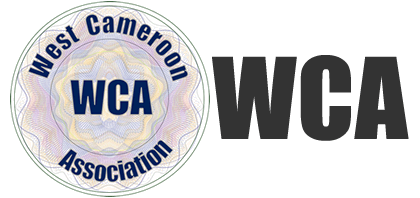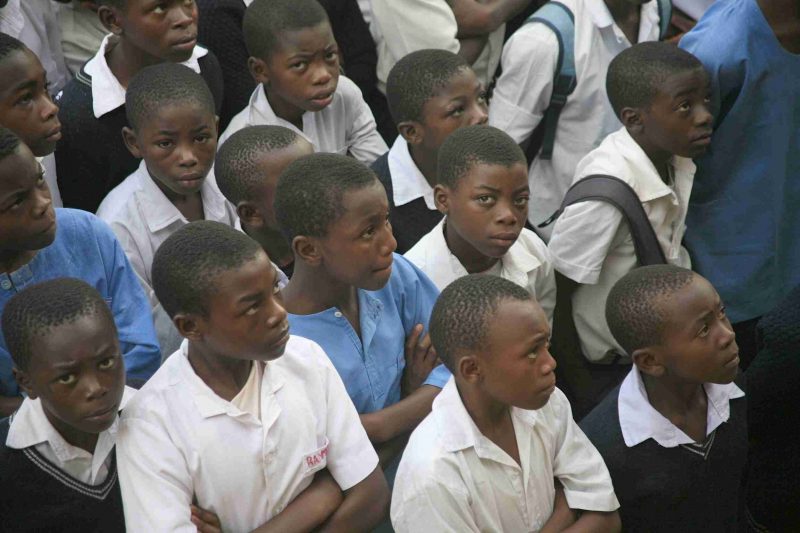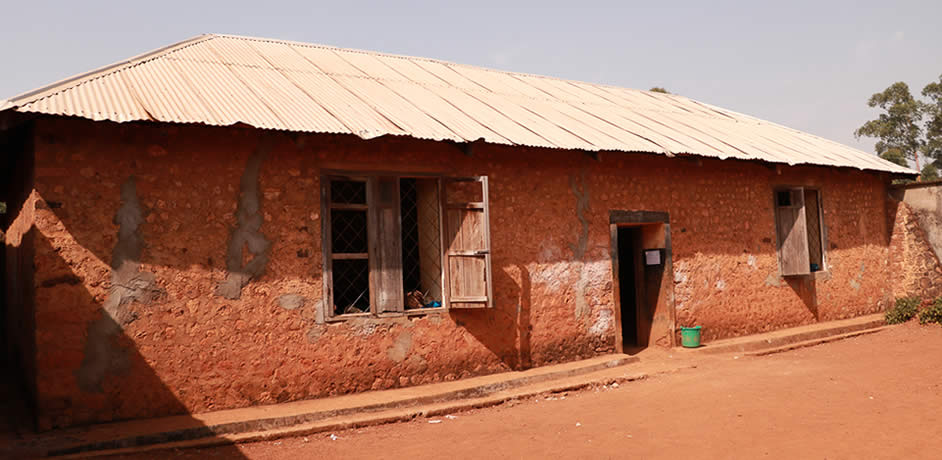Gradual Erosion of Anglophone Identity
There has been a misleading argument from some quarters where some have argued that an Anglophone is anyone who can speak English, as a way of countering Anglophone Cameroonians who protest the issues we have enumerated above. It might be helpful, for the purposes of our presentation and future discourse, to note here that ‘Anglophonism’ goes beyond the mere ability to speak or understand the English language. It speaks to a core of values, beliefs, customs, and ways of relating to the other inherited from the British who ruled this region from 1916 to 1961. ‘Anglophonism’ is a culture, a way of being which cannot be transmitted by merely learning a language. In fact, as Dr. Anthony Ndi intimates, Southern Cameroonians had “a distinctive outlook and way of life that went further than the mere fact that the educated ones among them spoke the English Language or a version of it. So, therefore, language could not even be the qualifying factor”.(8) This Anglophone identity is the reason most Southern Cameroonians who voted to join the Republic of Cameroon in 1961 did so. It was to preserve their cultural identity as a distinct people.
Anglophone Cameroonians are slowly being asphyxiated as every element of their culture is systematically targeted and absorbed into the Francophone Cameroon culture.
Anglophone Cameroonians are slowly being asphyxiated as every element of their culture is systematically targeted and absorbed into the Francophone Cameroon culture and way of doing things. These include the language, the educational system, the system of administration and governance (where appointed leaders are sent to lord it over people who cherish elected leaders), the legal system, and a transparent democratic process where elected leaders are answerable to the electorate who put them there in the first place.
Anglophone Cameroonians have seen through this and are raising their voices in protest. The two All Anglophone Conferences (AAC I and II) of the early 1990s, the rise and popularity of the SCNC and other secessionist voices are born of the frustration of Anglophone Cameroonians of being ignored and ridiculed for asking for what they deem to be theirs by right, namely the preservation of their culture. You would remember that, in his resignation letter from the post of first Vice President of the CPDM on the 9th of June 1990, J.N. Foncha cited in point 9 of the letter, as a reason for resigning, the fact that the constitution was “in many respects being ignored and manipulated”.
*A Natural Reaction*
The reaction of Anglophone Cameroonians to preserve their culture can only be described as ‘natural’. Is it any surprise that the first Opposition party that forced the door open for multi-partyism in Cameroon, the Social Democratic Front (SDF), came from Anglophone Cameroon? Following the formation of the party, the architect who brought Southern Cameroonians into the union with the Republic of Cameroon, John Ngu Foncha, resigned in disillusionment as the First Vice-President of the CPDM. He explained:
The Anglophone Cameroonians whom I brought into the union have been ridiculed and referred to as ‘les Biafrians’, ‘les ennemies dans la maison’, ‘les traitres’ etc., and the constitutional provisions which protected this Anglophone minority have been suppressed, their voice drowned while the rule of the gun replaced the dialogue which the Anglophones cherish very much.(9)
This is not to say that we do not see the other side of the argument. In any polity formed bytwo or more ethnic, cultural, religious, or linguistic groups, there is bound to be a majority versus minority problem. In any such situation, the wise thing to do would be to make constitutional provisions which would protect and safeguard the existence and rights of the minority, rather than trample on them. The Church teaches that “not even the majority of a social body may violate these rights, by going against the minority, by isolating, oppressing, or exploiting it, or by attempting to annihilate it.”(10) Cameroon prides itself as a state of law. In this area, she is at one with the Church which teaches that society should be organised on the principle of the “rule of law”. This is the principle “in which the law is sovereign, and not the arbitrary will of individuals”(11) So, apart from the plethora of issues which enhance Anglophone disaffection with the union, there is the additional problem that they are a minority in that union.



